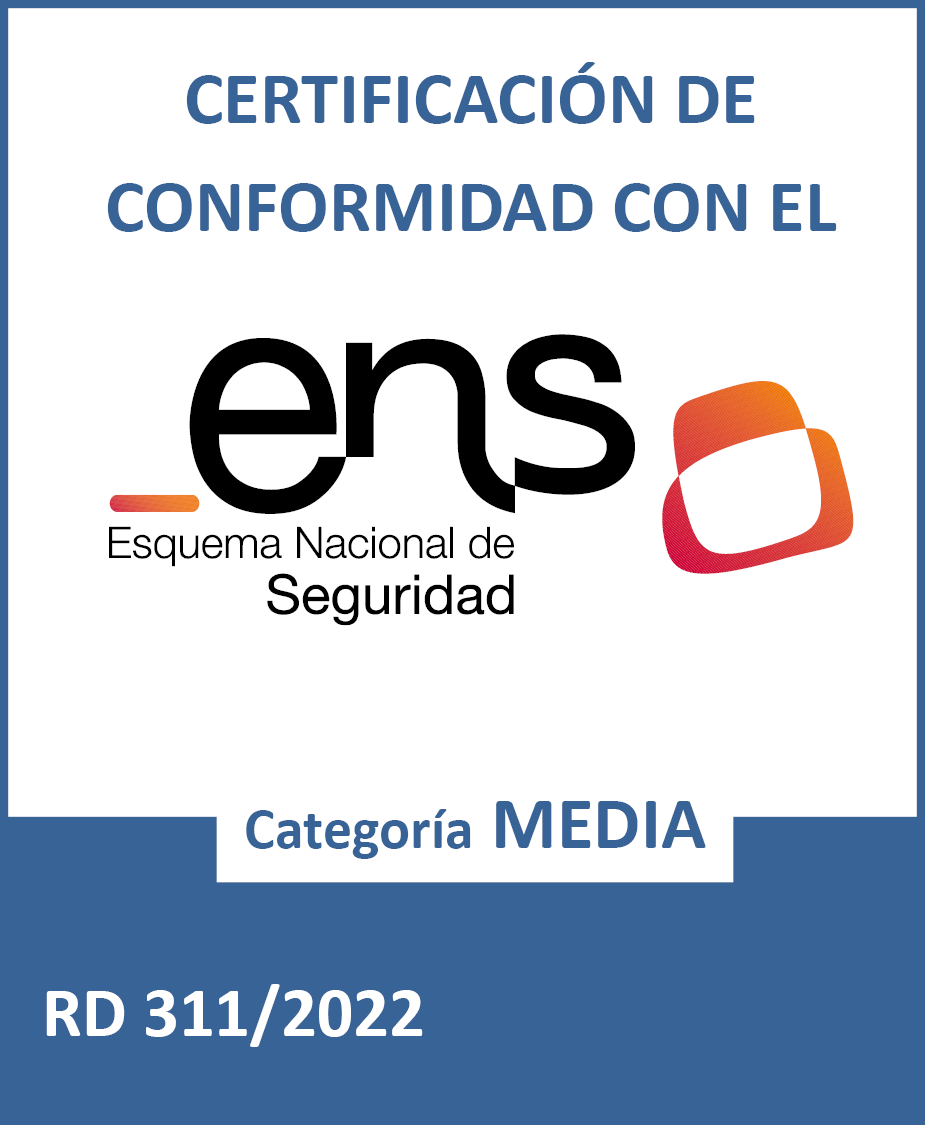- What is illegal gambling?
- What are the risks of taking part in illegal gambling?
- How can I tell whether I am on a legal or illegal site?
- What are the risks of offering illegal gambling?
- What are the risks of advertising illegal gambling?
- How the DGOJ prosecutes illegal gambling
- Collaborating to combat illegal gambling
- How do I report an illegal website?
Illegal gambling is gambling which goes against the law.
In Spain, a certified authorisation is required to offer state-wide online gambling services.
In Spain, Law 13/2011 requires a certified authorisation to offer certain gambling services:
- Under the law, state-wide lotteries are solely administered by Sociedad Estatal de Loterías y Apuestas del Estado (State Lottery and Gambling Company) and ONCE.
-
State-wide online gambling activities which are carried out through electronic, computer, telematic or interactive means including the Internet, text message and TV require certified authorisation.
- Electronic, computer, telematic or interactive means include the Internet, telephone, text message, TV and others.
- Operators can only offer regulated gambling for which they are licensed.
- Occasional gambling activities require prior authorisation.
It must be noted that licences must be obtained in Spain; those issued by other states will not be valid in Spain.
Traditional on-site gambling (bingos, betting shops, casinos) activities fall outside the scope of the Directorate General for Gambling Regulation (DGOJ); they are regulated by each region.
Although Article 3.a of the Gambling Act, Law 13/2011 provides a detailed definition of the term 'gambling', these are, in broad terms, the conditions that must be met to consider an activity gambling-related:
- There must be a bet for money. That is, gambling for fun does not require a licence.
- Bets must be made on future or random results, regardless of the skills involved.
- There must be prizes, in cash or in kind.
What are the risks of taking part in illegal gambling? 
Citizens who enter an illegal gambling site may compromise their funds, their personal data, suffer fraud or be swindled, become the victims of dishonest practices, and even unknowingly collaborate with criminal organizations.
Safe gambling and gaming
How can I tell whether I am in a legal or illegal site? 
The most important thing is to identify the operator behind the gambling offer; once you have done this, check whether the operator has a licence.
In general, you can follow these good practices before taking part in gambling activities:
- Identify the operator who provides the gambling service.
- Only S.M.E. (Sociedad Estatal de Loterías y Apuestas del Estado) and ONCE (Organización Nacional de Ciegos de España) can sell lottery products.
- Check that the gambling service is backed by a licence. The Directorate General for Gambling Regulation publishes an updated list of licensed operators.
- If you gamble over the Internet, check that the domain of the website is '.es, as this is a requirement for all licensed operators.
- Look for the safe gambling logo.
What are the risks of offering illegal gambling services? 
Any organisation offering gambling services in Spain without a licence is committing a very serious offence that may result in:
- a penalty of up to €50 million;
- disqualification from the practice of gambling activities for up to four years; and
- closure of the means used to provide information society services.
Other precautionary measures may be taken to prosecute illegal gambling such as blocking access to illegal sites and payment methods.
What are the risks of advertising illegal gambling? 
Advertising, sponsoring or promoting illegal gambling in any form is forbidden. It may constitute a serious offence with a penalty of up to €1 million. [Link to the section on advertising]
How the DGOJ prosecutes illegal gambling 
On of the powers assigned to the Directorate General for Gambling Regulation is the prosecution of illegal gambling services offered in Spain.
The Directorate General for Gambling Regulation monitors and supervises gambling activities in Spain to prevent illegal gambling. Once the illegal nature of the gambling service has been confirmed, a penalty will be imposed and its marketing will be interrupted using the means provided by law.
Collaborating to combat illegal gambling 
The Directorate General for Gambling Regulation is responsible within the scope of its competences for prosecuting unauthorised gambling. It is assisted in this task by:
- Citizens can report illegal gambling activities.
- It is forbidden to advertise illegal gambling.
- Information society service providers shall collaborate by blocking access to or withdrawing illegal gambling contents.
- Payment means providers will collaborate by cutting off services to illegal gambling activities.
- The Directorate General for Gambling Regulation will collaborate with law enforcement agencies and with the Executive Service of the Committee for the Prevention of Money Laundering and Monetary Offences.
- Collaborating and working together with other member states of the European Economic Area.
How do I report an illegal website? 
The Directorate General for Gambling Regulation offers the following procedure for reporting an illegal gambling site or helping detect it. Para más detalles accede a la sección de Denuncias y Reclamaciones.











